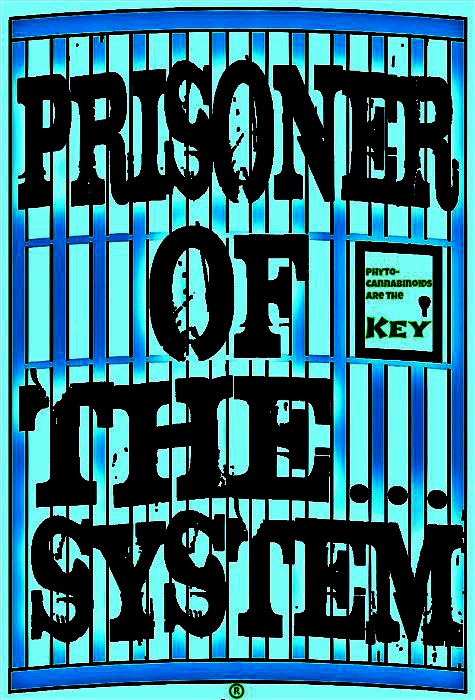2002 Aug;95(2):175-84.
Cannabinoids and cell fate.
Abstract
 Cannabinoids recently have been shown to control the cell survival/death decision. Thus, cannabinoids induce growth arrest or apoptosis in a number of transformed neural and non-neural cells in culture. In addition, cannabinoid administration induces regression of malignant gliomas in rodents by a mechanism that may involve sustained ceramide generation and extracellular signal-regulated kinase activation. In contrast, most of the experimental evidence indicates that cannabinoids may protect normal neurons from toxic insults, such as glutamatergic overstimulation, ischaemia, and oxidative damage. Regarding immune cells, low doses of cannabinoids may enhance proliferation, whereas high doses of cannabinoids usually induce growth arrest or apoptosis. The potential therapeutic applications of these findings are discussed.
Cannabinoids recently have been shown to control the cell survival/death decision. Thus, cannabinoids induce growth arrest or apoptosis in a number of transformed neural and non-neural cells in culture. In addition, cannabinoid administration induces regression of malignant gliomas in rodents by a mechanism that may involve sustained ceramide generation and extracellular signal-regulated kinase activation. In contrast, most of the experimental evidence indicates that cannabinoids may protect normal neurons from toxic insults, such as glutamatergic overstimulation, ischaemia, and oxidative damage. Regarding immune cells, low doses of cannabinoids may enhance proliferation, whereas high doses of cannabinoids usually induce growth arrest or apoptosis. The potential therapeutic applications of these findings are discussed.
- PMID:
- 12182964
- [PubMed – indexed for MEDLINE]
-
Publication Types, MeSH Terms, Substances
Publication Types
MeSH Terms
- Animals
- Antineoplastic Agents/therapeutic use
- Cannabinoid Receptor Modulators
- Cannabinoids/pharmacology*
- Cannabinoids/therapeutic use
- Cell Death/drug effects
- Cell Division/drug effects
- Cell Survival/drug effects
- Cell Transformation, Neoplastic
- Fatty Acids, Unsaturated/metabolism
- Humans
- Immune System/cytology
- Immune System/drug effects
- Immunosuppressive Agents/pharmacology
- Multiple Sclerosis/drug therapy
- Neurons/cytology
- Neurons/drug effects
- Neuroprotective Agents/therapeutic use
- Receptors, Cannabinoid
- Receptors, Drug/drug effects
- Receptors, Drug/physiology
- Signal Transduction
Substances
LinkOut – more resources
Full Text Sources
Other Literature Sources


